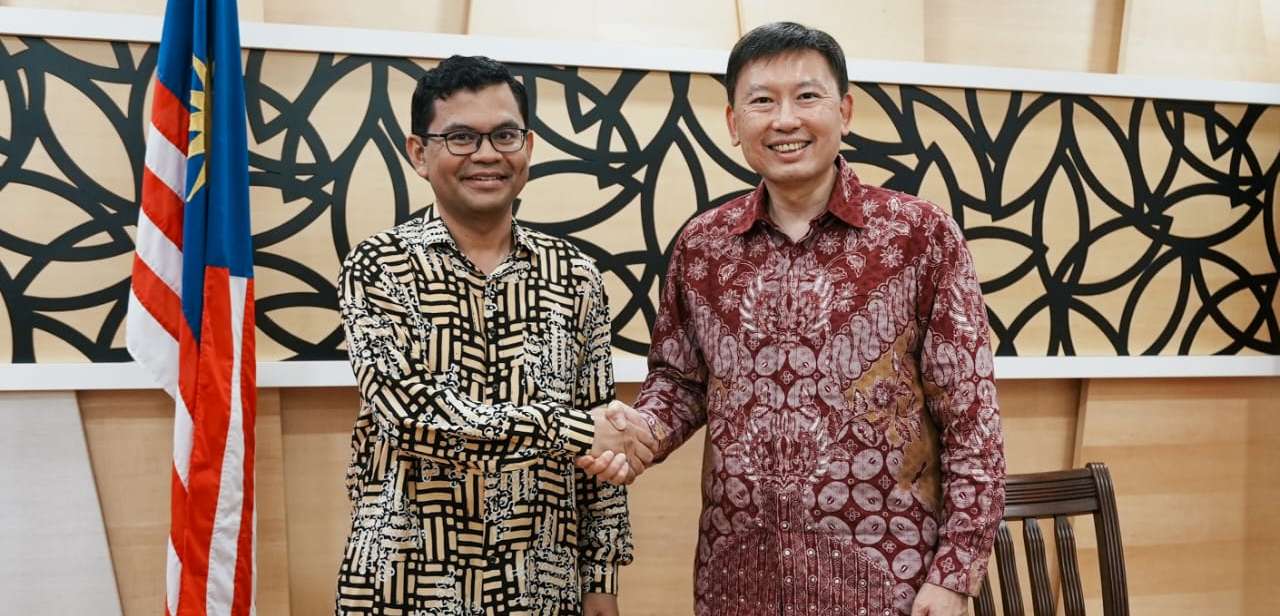February 14, 2025 — In 2025, Malaysia is making big strides in Environmental, Social, and Governance (ESG) efforts. These initiatives aren’t just about compliance—they’re about creating a more sustainable future for businesses and communities. Whether it’s clean energy, fair labor practices, or transparent governance, Malaysia is working to stay ahead in the sustainability game.
Malaysia’s ESG Regulatory Framework in 2025
The government is taking proactive steps to make ESG adoption easier and more accessible for businesses:
- Supporting SMEs: In 2023, Malaysia introduced an ESG framework designed to help small and medium-sized enterprises (SMEs) adopt sustainable energy and improve business practices. This gives smaller companies a roadmap to become more sustainable without breaking the bank.
- Malaysia Productivity Corporation (MPC) Strategy: The MPC launched a corporate ESG strategy under the Twelfth Malaysia Plan. This plan focuses on environmental protection, social inclusion, and strong governance practices to help businesses thrive while staying responsible.
Sector-Specific ESG Efforts
1. Aviation Industry’s Net-Zero Mission
The aviation industry is tackling its carbon footprint head-on with a plan to reach net-zero emissions by 2050. They’re working on new technologies, expanding the use of sustainable aviation fuels, and adopting carbon offsetting measures to hit their targets.
2. Climate Action in the Digital Economy
The Malaysia Digital Economy Corporation (MDEC) rolled out its Malaysia Digital Climate Action Pledge (MDCAP). This initiative invites businesses to take measurable steps in reducing their environmental impact, making the tech industry a key player in Malaysia’s sustainability movement.
Energy and Resource Management
Malaysia has put new policies in place to reduce the environmental toll of large data centers and tech operations:
- Resource Premiums: Companies that use a significant amount of energy and water are now required to pay a premium. This approach helps ensure that businesses consuming the most resources contribute to the country’s sustainability goals.
- Sustainable Aviation Fuel: By 2027, Malaysia will begin producing one million metric tons of sustainable aviation fuel annually as part of its National Energy Transition Roadmap. This plan aims to reach a 47% sustainable fuel blend by 2050.
Sustainable Agriculture Efforts
The palm oil industry is another focus. To stay competitive globally, Malaysia is helping small-scale palm oil producers comply with the European Union’s Deforestation Regulation (EUDR). Efforts are being made to improve sustainability, labor practices, and transparency so Malaysian palm oil can continue to compete in international markets.
Why ESG Initiatives Matter for Malaysia’s Future
Malaysia’s ESG efforts aren’t just ticking boxes—they’re about creating meaningful, lasting change. For businesses, adopting ESG practices means improved reputation, better operational efficiency, and more opportunities in sustainable markets. For the country, it’s a step toward becoming a global leader in sustainability.
Credits:
- Lexology: Malaysia’s ESG Developments
- Malaysia Productivity Corporation (MPC)
- Reuters: Malaysia’s Aviation Decarbonization Plan
- MDEC’s Malaysia Digital Climate Action Pledge
- Financial Times: Energy and Water Premiums
- Reuters: Malaysia’s Sustainable Aviation Fuel Plans
- Reuters: Palm Oil Compliance with EU Regulation



